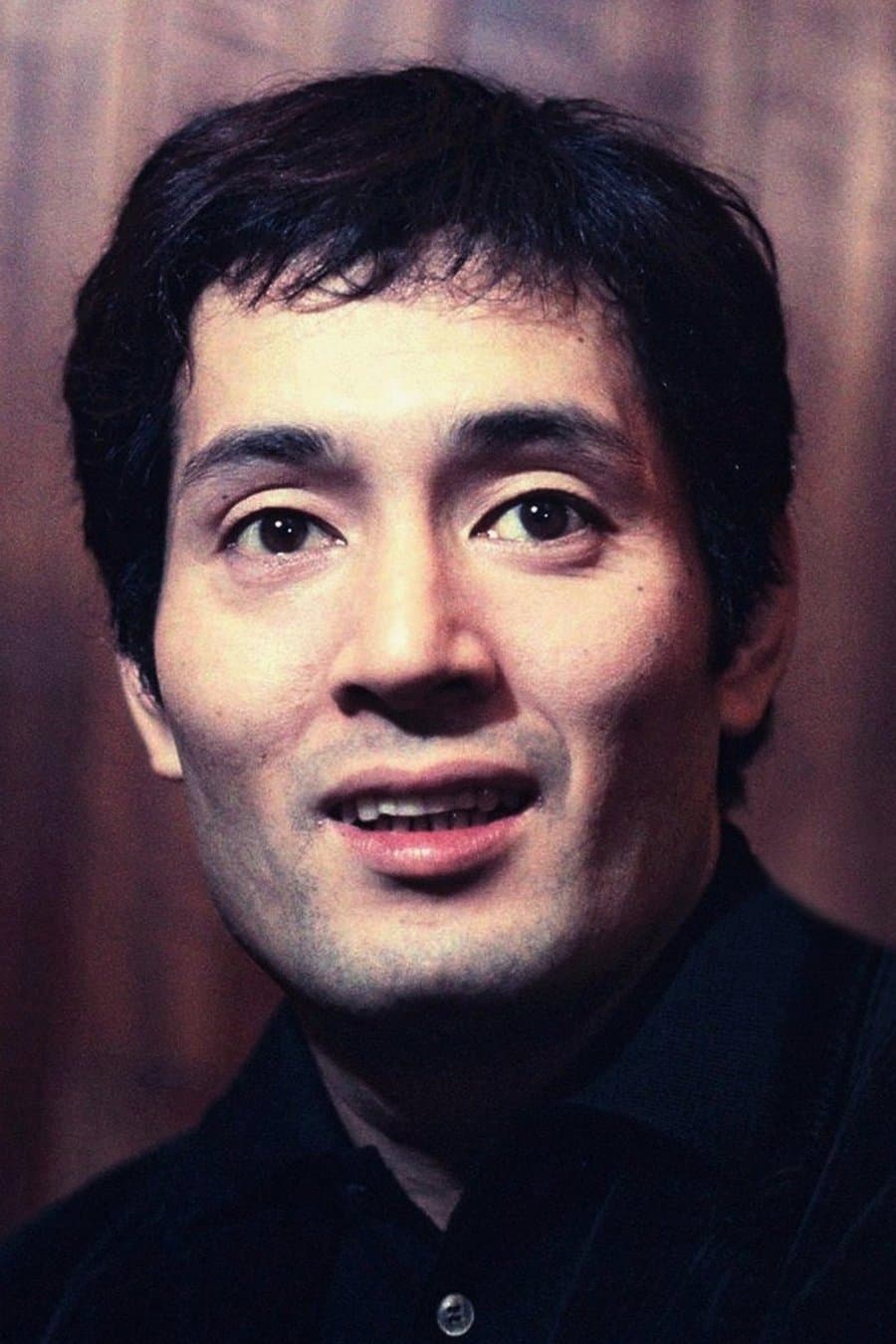
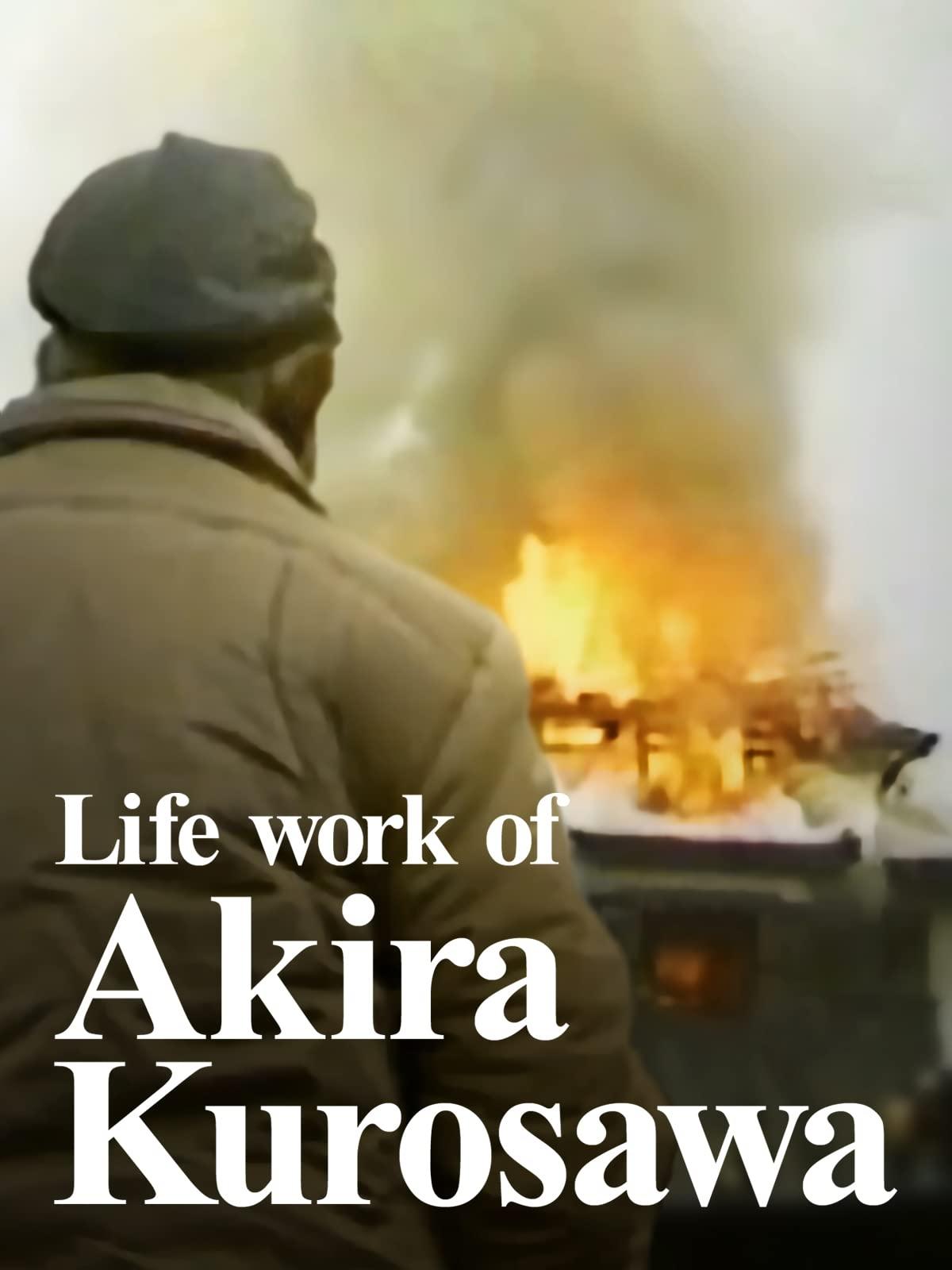
Acclaimed filmmaker Akira Kurosawa has been misunderstood. Despite his public perception an a perfectionist who would clash with anyone in his way, the real Kurosawa was actually a very gentle and soft-spoken director. This documentary depicts the human being Akira Kurosawa on the set of his masterpiece "Ran".
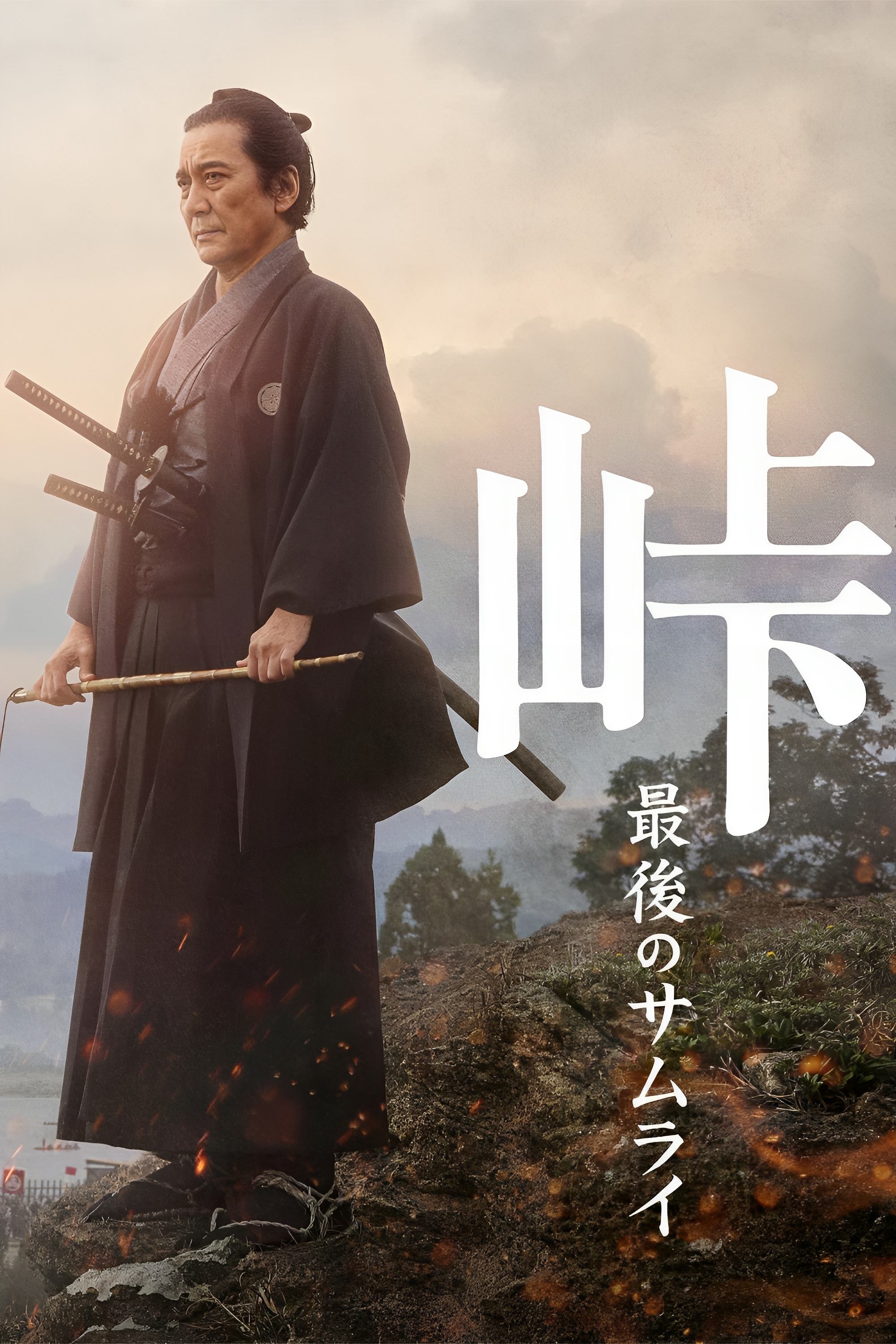
In the turbulent last days of the Edo period, Kawai Tsugunosuke, a Japanese samurai serving the Makino clan of Nagaoka, dreamt of independence from the restraints of vassalship. Despite his progressive views and his desire for his estate to remain neutral during the Boshin Civil War, he was bound by loyalty and duty to the clan and was compelled to choose sides.
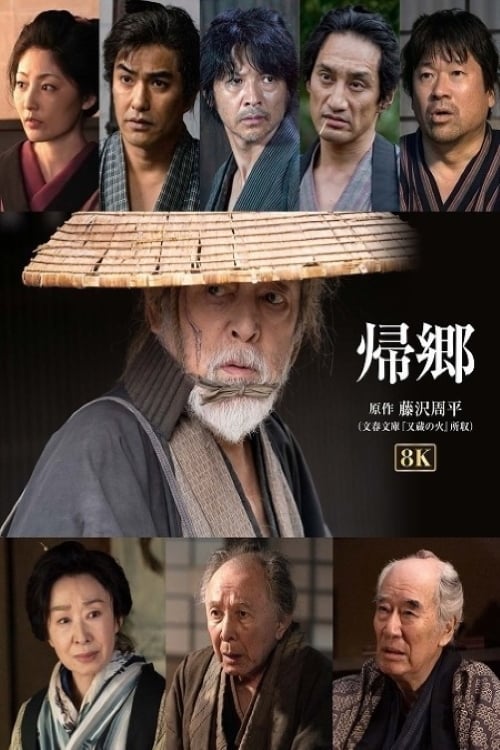
Tatsuya Nakadai, the world’s greatest living actor, returns to the screen in a brilliant adaptation of a story by novelist Shuhei Fujisawa. A traveling gambler known as “Funeral Uno” he is now 86 years old and returning to his hometown for the first time in 30 years. Partly told in flashbacks, he is forced to face his lifelong nemesis, Boss Kyuzo, a vile yakuza portrayed by another superstar of samurai cinema, Atsuo Nakamura! Before the two old gamblers can settle a 30-year-old score they must put their lives on the line in a game of dice that can only lead to a bloody sword duel the likes of which has never before been seen! Superb performances all around in a film loaded with surprises and exciting swordplay!

Japan in 1910, industrialization is unstoppable and devastating entire areas in the name of progress. In X, a farming village in Ibaraki Prefecture, the environment is so polluted that the plants in the fields die and the air, which is laden with toxic smoke, can no longer be breathed. But Saburo, the grandson of the village elder, can no longer put up with this and forms the resistance of the villagers. In Junpei, the idealistic employee of Hitachi, he finds an unexpected ally, and together they fight for a way to save the village.
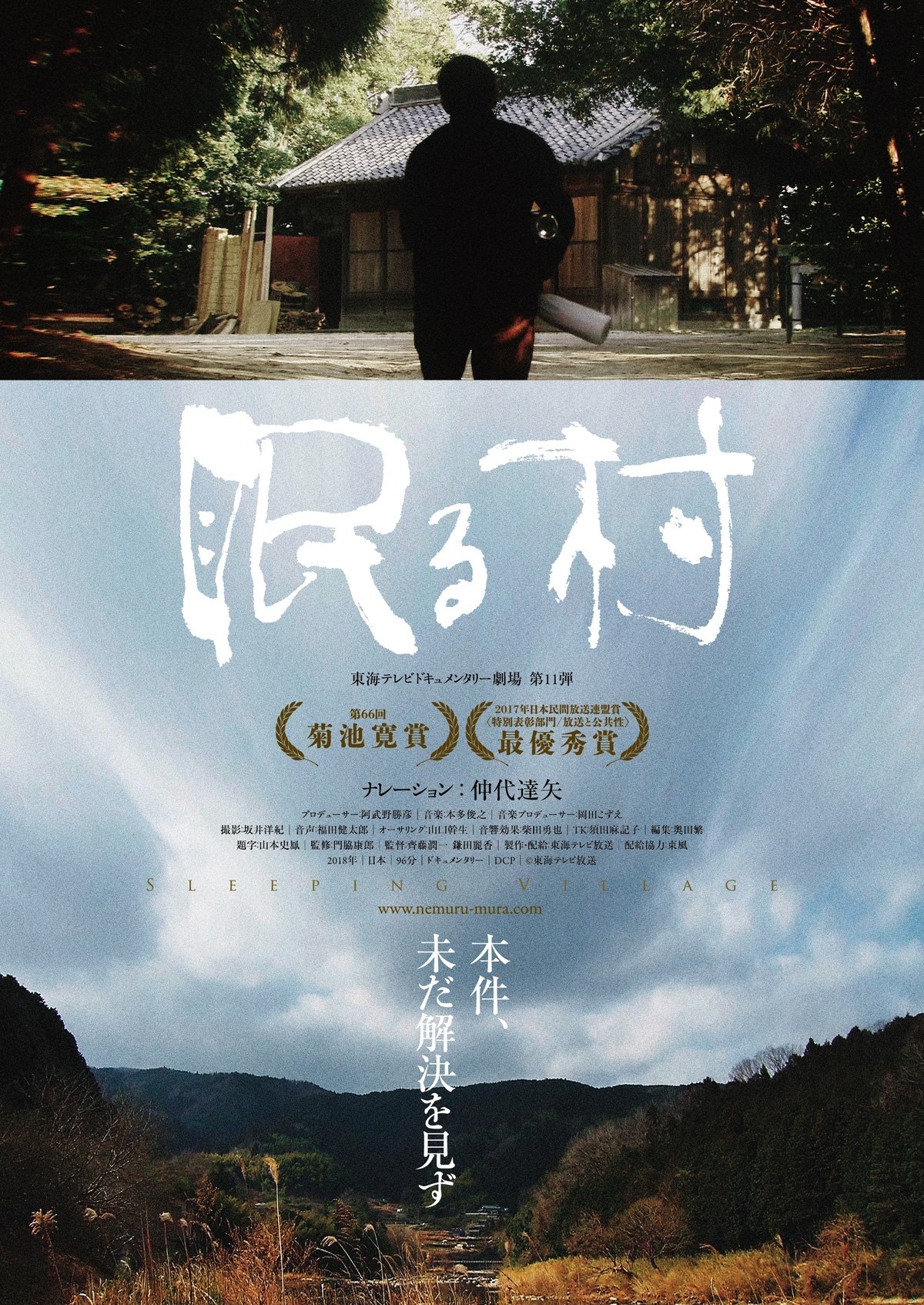
In 1961, a spectacular criminal case shocks Japan: at what became known as the “Nabari Poison Wine” incident, five people lose their lives at a village social gathering. One of the attendants, Masaru OKUNISHI, is made out as the main suspect. Rumor has it that he wanted to kill his wife and his lover in order to end his extra-marital affair. After being questioned by the police for days, he signs a confession, only to withdraw it soon afterwards. Nonetheless, he is sentenced to death and all pleas for a retrial are denied.
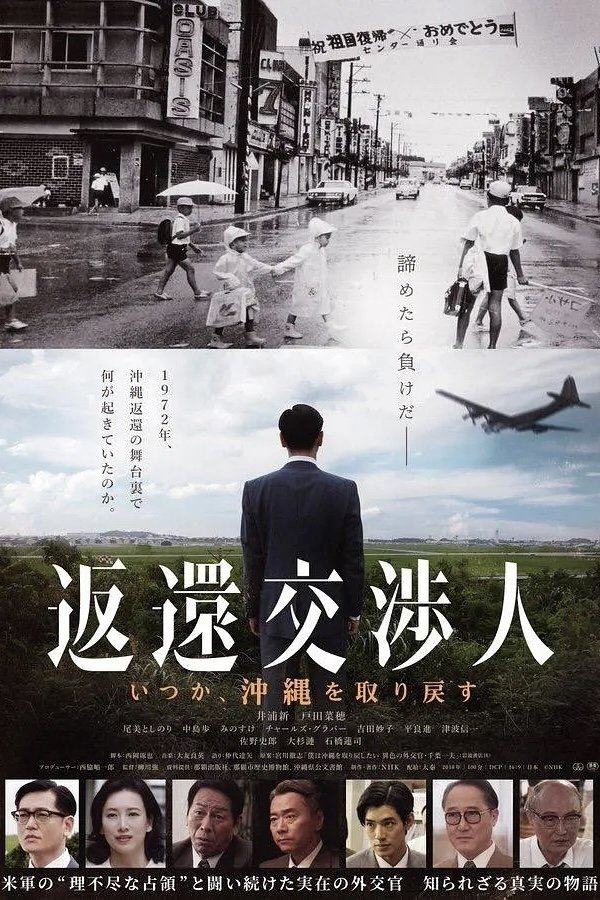
In 2010, while covering the issue of the "secret agreement" at the Ministry of Foreign Affairs, the author came across diplomatic documents relating to the reversion of Okinawa and was particularly impressed by the handwritten documents of Kazuo Chiba, then Director of the North American First Division at the Ministry of Foreign Affairs, which, unlike ordinary bureaucrats, "stood out from the crowd and seemed unique". The name of Chiba subsequently appeared in a number of documents left by former Prime Minister Eisaku Sato's secretary, and the author became interested in finding out what kind of person he was.
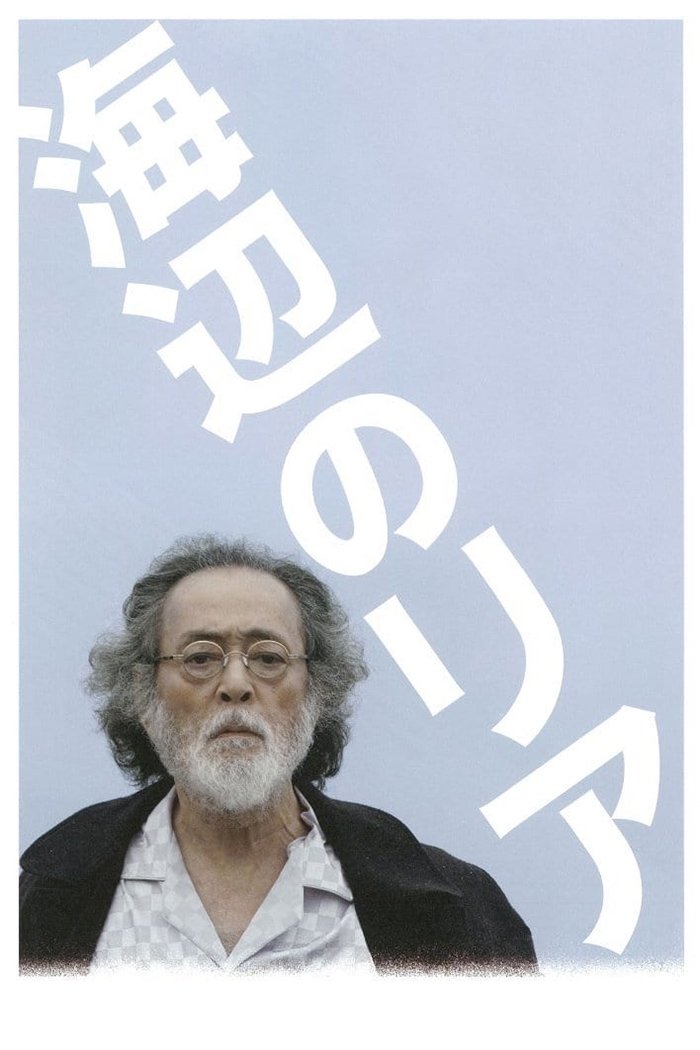
Kuwahata Chokichi used to be a famous actor, but now he's suspected to be suffering from dementia. He is betrayed by his older daughter, Yukiko, her husband-cum-his-former-disciple, Ikuo, and Yukiko's lover, a mysterious driver, and gets sent to a high-class old folks' home. One day, Choukichi runs away from the home and wanders to the beach where he meets his younger daughter, Nobuko, who he had with his lover. Although he had thrown Nobuko out in the past, he begins to imagine seeing her as the image of Cordelia, who is the beloved daughter of King Lear, after talking to her. Gradually, his past memories start to come back to him, and Choukichi heads towards the world of insanity.
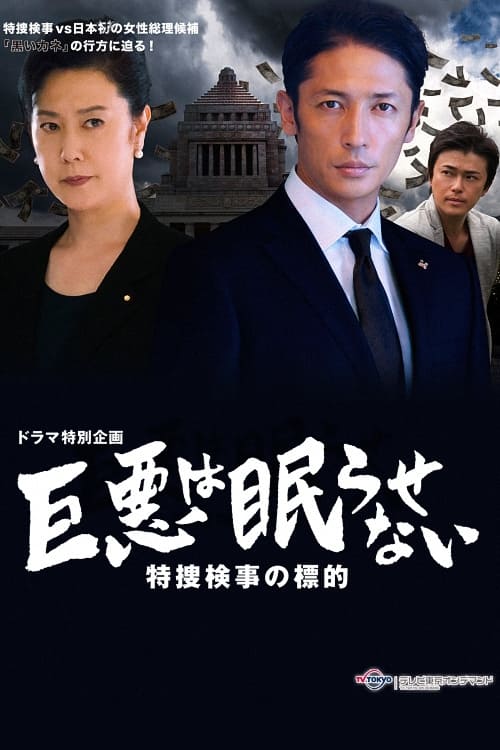
Shinichi Tominaga is a prosecutor, newly appointed to the special investigation division for the Tokyo district prosecutors' office. He is currently busy with a case involving suspicious donations to powerful politician Yohei Tachibana. Shinichi then receives a mysterious message from his friend Samon Kondo. His friend is in charge of space development at The The Ministry of Education, Culture, Sports, Science and Technology. The message talks about a scandal related to space development. Samon soon goes missing after sending the message. Shinichi begins to see a connection between the two cases.
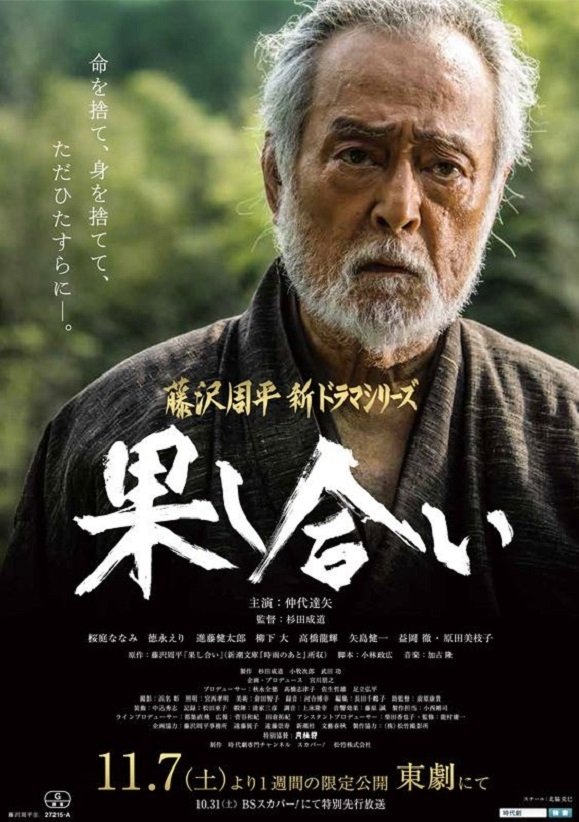
Nakadai Tatsuya, Japan’s greatest living actor, gives the performance of a lifetime as Shoji Sanosuke, and elderly samurai forced to pick up his sword to protect those he loves in this adaptation of a Fujisawa Shuhei novel. As a ”Heya-zumi” (essentially a freeloader living off his family) Sanosuke has one last chance to help his grandniece escape from the cruel samurai of an arranged marriage. Nakadai proves he ”still has it,” when fate forces him into a deadly duel. This award winning samurai drama from the pen of noted author Fujisawa Shuhei is a tribute to one of the greatest actors to ever grace the silver screen!
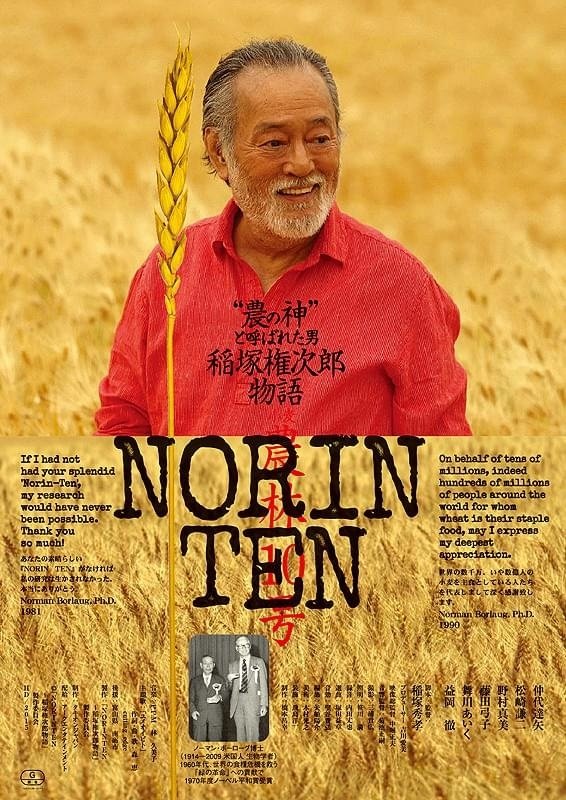
It is a breeding person of "agriculture and forestry No.10 (norin ten)" based on more than 70% of the world's wheat, and rescues the global food crisis after World War II, and draws the half life of gonjiro inzuka called "the God of agriculture" by starring Tatsuya nakashiro.
From Wikipedia, the free encyclopedia. Tatsuya Nakadai (仲代 達矢 Nakadai Tatsuya, born Motohisa Nakadai December 13, 1932) is a Japanese leading film actor. He became a star after he was discovered working as a Tokyo shop clerk by filmmaker Masaki Kobayashi during the early 1950s. He became the favorite leading man of internationally-acclaimed director Akira Kurosawa after a well publicized fallout between Kurosawa and the legendary Toshirō Mifune. Beginning in the late 1950s, he worked with a number of Japan's best-known filmmakers, starring or co-starring in five Kurosawa films, along with significant films made by Hiroshi Teshigahara (The Face of Another), Mikio Naruse (When a Woman Ascends the Stairs), Kihachi Okamoto (Kill! and Sword of Doom), Hideo Gosha (Goyokin), Shiro Toyoda (Portrait of Hell) and Kon Ichikawa (Enjo and Odd Obsession). Notably, his long-term collaboration with Masaki Kobayashi invites comparison to the working relationship between Akira Kurosawa and Toshirō Mifune. Nakadai was featured in 11 Kobayashi films including the The Human Condition trilogy, Harakiri, Samurai Rebellion and Kwaidan. The Thick-Walled Room marked Nakadai's acting debut. His next role was a little noticed and uncredited one in Akira Kurosawa's Seven Samurai where he appears for a few seconds as a samurai wandering about town. Description above from the Wikipedia article Tatsuya Nakadai, licensed under CC-BY-SA, full list of contributors on Wikipedia.
By browsing this website, you accept our cookies policy.